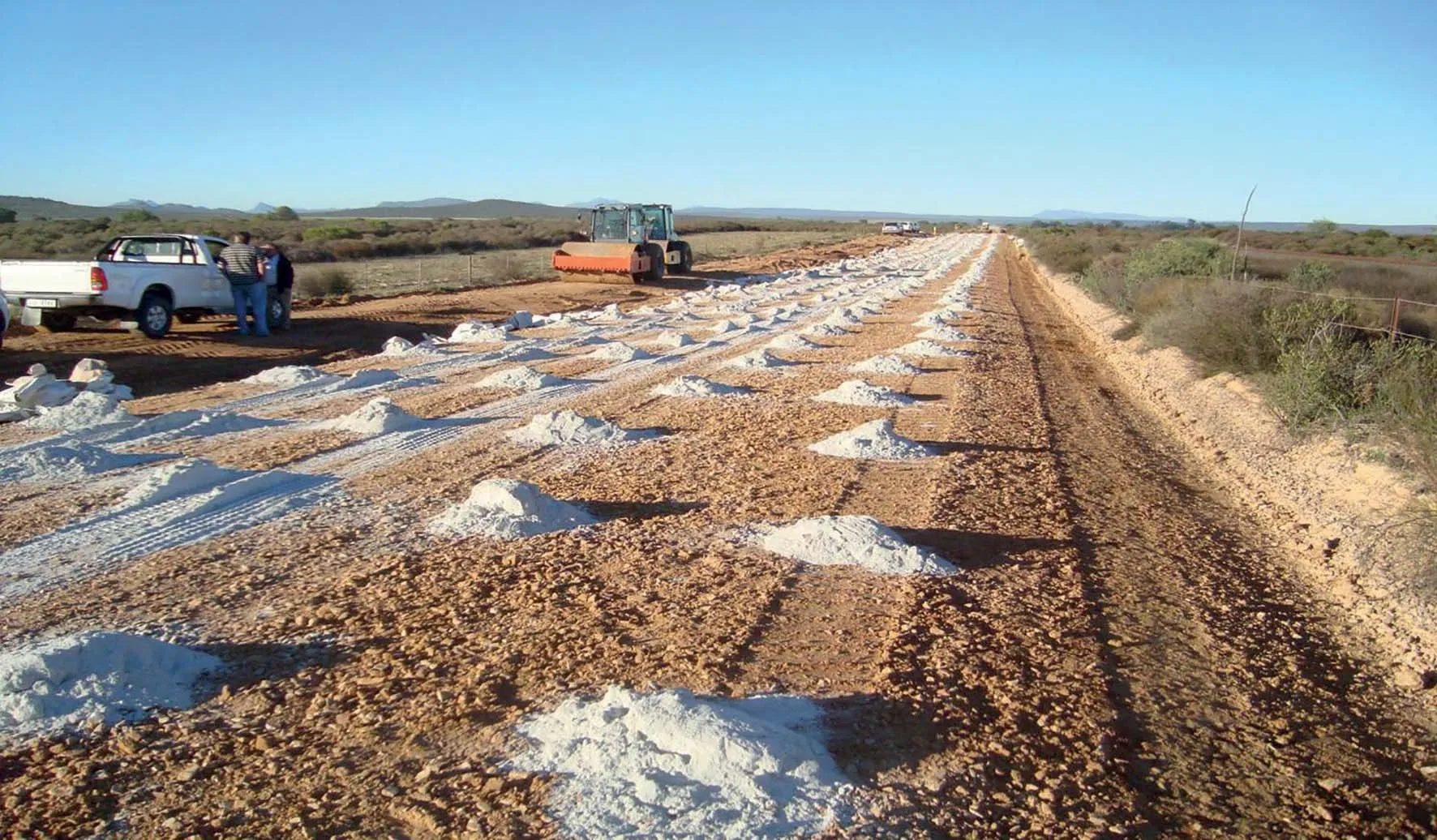Consultant Mott MacDonald is providing assistance for an important project for the re-gravelling of roads in South Africa’s Western Cape. The firm is helping the Western Cape Government with planning, design and control aspects of the maintenance of gravel roads within the Overberg region, one of four regions in the province. The consultancy is also working with local provincial maintenance teams and supporting the development, improvement and management of materials supply.
There are around 10,000km of
August 20, 2015
Read time: 2 mins

Consultant 2579 Mott MacDonald is providing assistance for an important project for the re-gravelling of roads in South Africa’s Western Cape. The firm is helping the Western Cape Government with planning, design and control aspects of the maintenance of gravel roads within the Overberg region, one of four regions in the province. The consultancy is also working with local provincial maintenance teams and supporting the development, improvement and management of materials supply.
There are about 10,000km of gravel roads within the Western Cape (excluding minor roads), of which approximately 1,300km are located within the Overberg region. These rural roads are susceptible to changes in traffic volumes, material properties, precipitation, temperature and even flooding, which can lead to increased deterioration. Regular maintenance activities include re-gravelling or spot re-gravelling, reworking, hard or regular blading, patching, and pothole and shoulder repairs. Suitable material sources available, such as shale, mudstone, sandstone, limestone, granite or ferricrete, need to be sourced sustainably and where possible aggregate will be obtained locally through borrow pits.
Mott MacDonald has previously supported re-gravelling and maintenance strategies in the Western Cape Province. The consultancy is using this experience to develop strategic planning and optimisation models for the sourcing and use of suitable materials from borrow pits. The condition of gravel roads will undergo detailed visual assessments and combined with annual panel inspections will contribute to an overall view of the management of the road network.
There are about 10,000km of gravel roads within the Western Cape (excluding minor roads), of which approximately 1,300km are located within the Overberg region. These rural roads are susceptible to changes in traffic volumes, material properties, precipitation, temperature and even flooding, which can lead to increased deterioration. Regular maintenance activities include re-gravelling or spot re-gravelling, reworking, hard or regular blading, patching, and pothole and shoulder repairs. Suitable material sources available, such as shale, mudstone, sandstone, limestone, granite or ferricrete, need to be sourced sustainably and where possible aggregate will be obtained locally through borrow pits.
Mott MacDonald has previously supported re-gravelling and maintenance strategies in the Western Cape Province. The consultancy is using this experience to develop strategic planning and optimisation models for the sourcing and use of suitable materials from borrow pits. The condition of gravel roads will undergo detailed visual assessments and combined with annual panel inspections will contribute to an overall view of the management of the road network.







